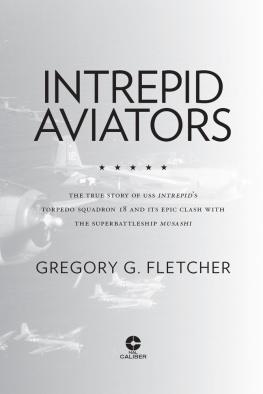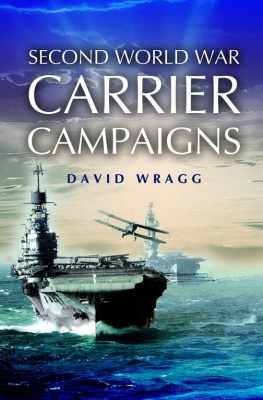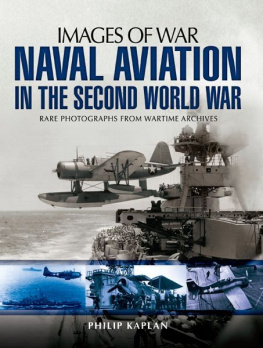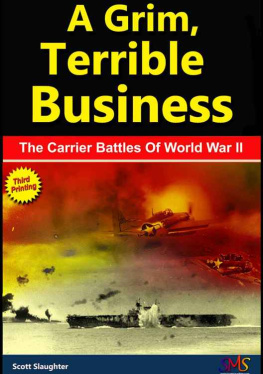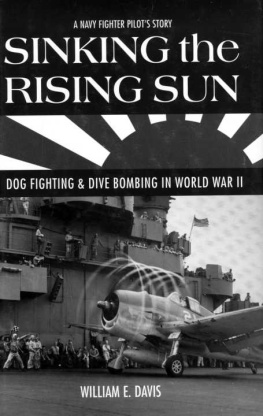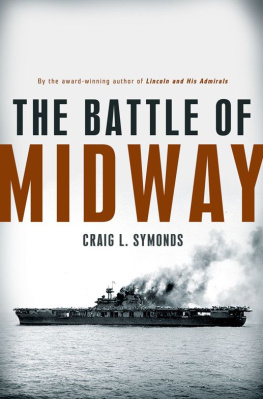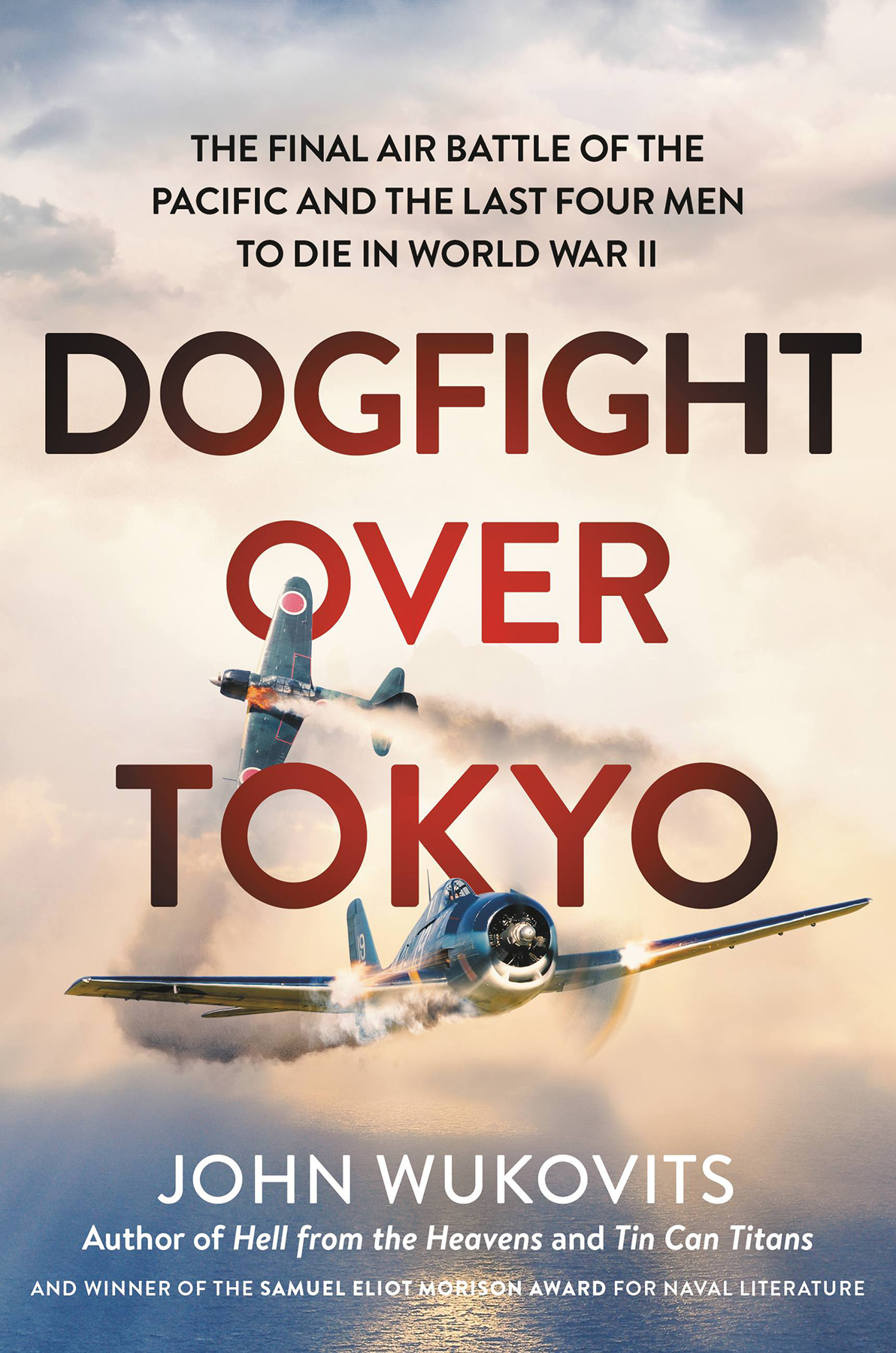Copyright 2019 by John Wukovits
Cover design by Chris Shamwana
Cover image: Kevin M. McCarthy, Olga Klyagina, railway fx, George Muresan, bunnavit pangsuk, Khunying kai, Angel DiBilio, Serjio74, Triff, Paul Drabot / Shutterstock
Cover copyright 2019 Hachette Book Group, Inc.
Hachette Book Group supports the right to free expression and the value of copyright. The purpose of copyright is to encourage writers and artists to produce the creative works that enrich our culture.
The scanning, uploading, and distribution of this book without permission is a theft of the authors intellectual property. If you would like permission to use material from the book (other than for review purposes), please contact permissions@hbgusa.com. Thank you for your support of the authors rights.
Da Capo Press
Hachette Book Group
1290 Avenue of the Americas, New York, NY 10104
HachetteBooks.com
Twitter.com/HachetteBooks
Instagram.com/HachetteBooks
First Edition: August 2019
Published by Da Capo Press, an imprint of Perseus Books, LLC, a subsidiary of Hachette Book Group, Inc. The Da Capo Press name and logo is a trademark of the Hachette Book Group.
The Hachette Speakers Bureau provides a wide range of authors for speaking events. To find out more, go to www.hachettespeakersbureau.com or call (866) 376-6591.
The publisher is not responsible for websites (or their content) that are not owned by the publisher.
Library of Congress Cataloging-in-Publication Data has been applied for.
ISBNs: 978-0-306-92205-3 (hardcover), 978-0-306-92204-6 (ebook)
E3-20190712-JV-NF-ORI
To my companion of more than two decades, Terri Faitelher unquestioned support and editorial skills helped me more than she may know
S INCE THIS BOOK is written from the viewpoint of the Air Group 88 pilots, especially the last four men to die in the war, I faced what for me was the difficult task of casting Admiral William F. Halsey in the villains role. I have admired Halsey since my high school years, and in my later biography of the man I took pains to ensure a fair evaluationhero during the first two years of the war, but flawed commander in the second half. Overall, though, I argued that his leadership from late 1941 to mid-1944 earned him a spot in the naval pantheon alongside John Paul Jones and George Dewey. This book required me to portray him as less heroic, because that is how the aviators of Air Group 88 saw him.
At the same time, Admiral Halsey was also the main influence in my writing this book. When researching his life for my biography, I was moved that the admiral made a point to urge that the final aviators to die in the war should never be forgotten. That remark stuck in my mind, and when thinking of an idea for my next book, I wondered if the experiences of those four fliers might produce a compelling story. I knew that if I could locate sufficient information on at least two of the four naval aviators, that I had the foundation for a book. Happily, I uncovered a vast amount of materialletters, official documents, reminiscences, interviews, and photographsfrom the Hobbs and Mandeberg families, and additional information from the remaining two families. Combined with other official material from government records and from aviator recollections, I possessed all I needed to produce this book.
While the volume relates the accomplishments of Air Group 88a collection of fighter, dive-bomber, and torpedo plane pilots aboard the USS Yorktown (CV-10)while off the Japanese coast from July to October 1945, it is anchored by the experiences of those final four men to perish in the war. I thus see most of the action through their eyes and through the reactions of their families in the United States.
I need to clarify how I define the aviators as the last four men to die in the war. I use that description in the narrow sense that they were the last men killed while conducting a wartime mission. They lifted off the Yorktown during wartime, and they died during that mission. In no way do I mean to detract from the hundreds of thousands of World War II veterans who succumbed in the following decades from wounds suffered during the war. They are casualties of World War II every bit as much as are these four carrier pilots. This book simply relates the story of four men who perished while carrying out their orders during the final wartime action.
Many people deserve my thanks. The expansive Hobbs family in Kokomo, Indiana, freely opened their doors to me and shared Billy Hobbss diary, letters, flight log, and other mementos. So, too, did the Mandebergs on the West Coast, the Leviens in New York City, and the Reverend Robert Vrooman in New York State. Especially worthy of mention are Nancy Hobbs Exmeyer, the sister of Wright Hobbs, and Sonya Levien, Eugene Mandebergs fiance. I was honored to interview Nancy and Sonya, who so deeply knew and loved two of the four aviators.
A special thanks goes to the Air Group 88 survivors who willingly gave their time to share their recollections during interviews. My sessions with them, either in person or by telephone, were highlights of my time researching this incredible story. The men include William Watkinson and Earl Godfrey of VF-88; Gerald Hennesy, Bernard Hamilton Jr., and Merald Woods of VBF-88; and Arthur Briggs of VB-88. The widows of two VF-88 aviators, Margaret Odom and Betty Proctor, were also helpful, as was John Haag, whose father, Lieutenant (jg) John Haag, flew with the fighting squadron.
Todd Cummins, executive director of the USS Yorktown Association, and his staff aboard the aircraft carrier at Patriots Point Naval & Maritime Museum in Mount Pleasant, South Carolina, provided valuable aid in locating records and photographs of Air Group 88. My agent, historian, and most of all, friend, Jim Hornfischer, encouraged me at every step of the way, for this book and for every previous volume. In the process, he helped me attain a dream I had long held of writing books about the Pacific War. The comments of my editor at Da Capo Press, Robert Pigeon, improved the manuscript, and publicist Sarah Falter brought her stellar talents to promoting this book. Cartographer extraordinaire Jeffrey Ward designed the maps that accompany the text.
Two individuals who are no longer with us helped start my writing career. My writing mentor, Tom Buell, whose powerful biographies of Pacific commanders fueled my desire to write about that conflict, offered comments about my early writingsexhausting numerous red pens in the processand put me in touch with people and organizations that furthered my career. My history adviser at the University of Notre Dame, Dr. Bernard Norling, mailed cogent comments on various topics in his lengthy single-spaced, typewritten letters. I owe much to these two amazing historians.
My family has been at my side throughout this decades-long literary quest. The pride in me exhibited by my daughters, Amy, Julie, and Karen, has made every moment of the writing process worthwhile. Their joy, in turn, has filtered down to the next generation, as my grandchildren, Matt, Megan, Emma, and Katie, text or telephone their joy at my accomplishments. The unquestioned support of my big brother, Tom, a naval aviator residing in San Diego, blends with the memory of my parents, Tom and Grace, and of my younger brother, Fred, to prod me to excellence. Terri Faitel, my companion of more than two decadesand the person to whom this book is dedicatedhas as always added her incisive comments to the manuscript as well as offered her support. I am fortunate to have their encouragement, and I love them all.


